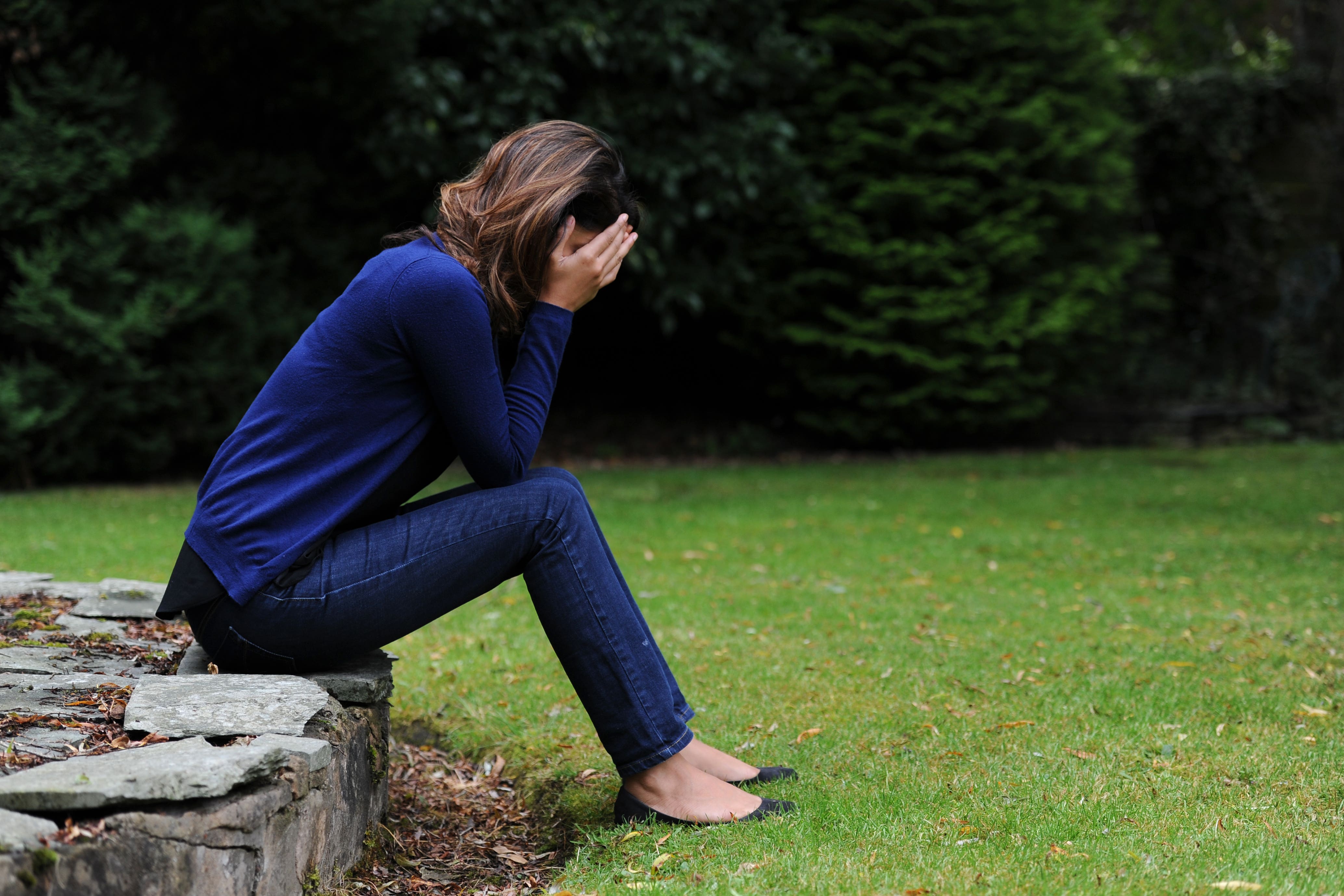Other people’s body odour can help treat social anxiety, study suggests
Social anxiety is a mental health condition where people worry excessively about participating in social situations.

Odours from other people’s sweat may be able to help treat social anxiety, new research suggests.
The study found that social anxiety was reduced when people underwent mindfulness therapy while exposed to what is commonly referred to as body odour taken from the underarm sweat from volunteers.
Social anxiety is a mental health condition where people worry excessively about participating in social situations.
The results of our preliminary study show that combining these chemo-signals with mindfulness therapy seem to produce better results in treating social anxiety than can be achieved by mindfulness therapy alone
Lead researcher Elisa Vigna, of the Karolinska Institute in Stockholm, Sweden, said: “Our state of mind causes us to produce molecules (or chemo-signals) in sweat which communicate our emotional state and produce corresponding responses in the receivers.
“The results of our preliminary study show that combining these chemo-signals with mindfulness therapy seem to produce better results in treating social anxiety than can be achieved by mindfulness therapy alone”.
Having social anxiety can affect interactions, for example within the workplace or relationships, but also in everyday situations such as shopping or holidays.
This could result in people worrying excessively about contact with others.
According to the NHS website there are currently a number of treatments available for the condition, including cognitive behavioural therapy, guided self-help and antidepressant medicines.
The study involved collecting sweat from volunteers, and then exposing patients to chemo-signals (body odour) extracted from these sweat samples, while they were being treated for social anxiety.
The samples were collected from people who were watching short clips from movies that had been chosen to elicit particular emotional states such as fear or happiness.
Researchers did this to see if the specific emotions experienced while perspiring had differing effects on the treatment.
The happy clips included material from Mr Bean’s Holiday, Sister Act, and others, while the clips from fearful movies included content from horror films such as The Grudge.
Once the sweat had been collected, researchers recruited 48 women, all of whom suffered from social anxiety, and divided them into three groups each of 16 people.
Over two days, they all underwent mindfulness therapy for social anxiety.
At the same time, each group was exposed to the odour samples or to clean air.
The study found that the women who had been exposed to the odour samples responded better to the therapy.
Patients who undertook one treatment session of mindfulness therapy together with being exposed to human body odours showed about 39% reduction in anxiety scores.
Whereas in the group receiving only the therapy, there was a 17% reduction in anxiety scores after one treatment session.
Ms Vigna said: “We were a little surprised to find that the emotional state of the person producing the sweat didn’t differ in treatment outcomes – sweat produced while someone was happy had the same effect as someone who had been scared by a movie clip.
“So there may be something about human chemo-signals in sweat generally which affects the response to treatment.”
“It may be that simply being exposed to the presence of someone else has this effect, but we need to confirm this.”
The findings of the pilot study were presented at the European congress of psychiatry in Paris.
Bookmark popover
Removed from bookmarks